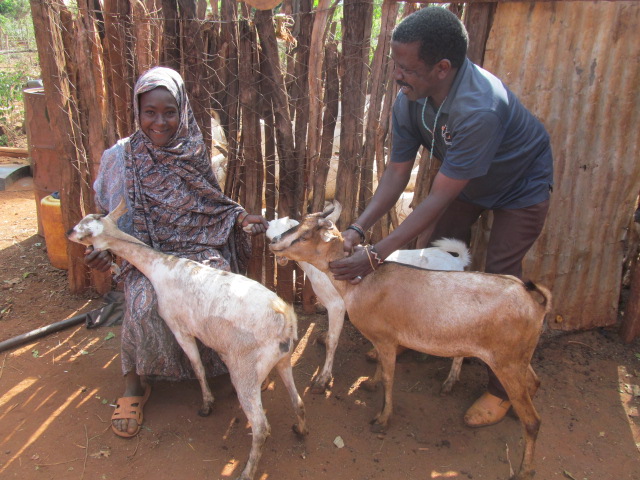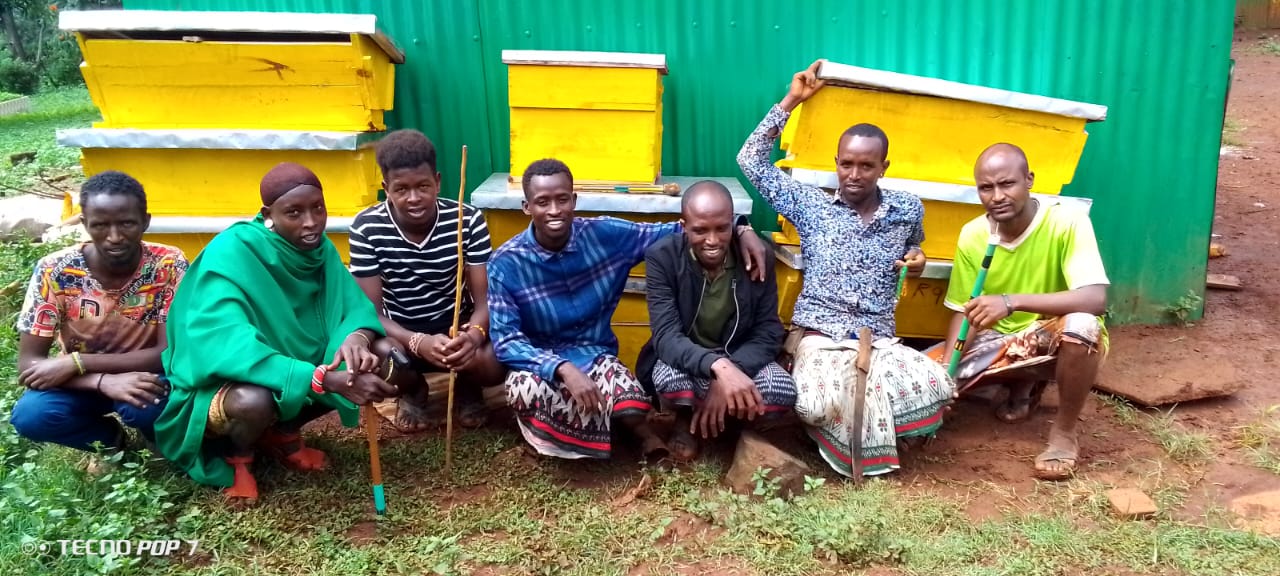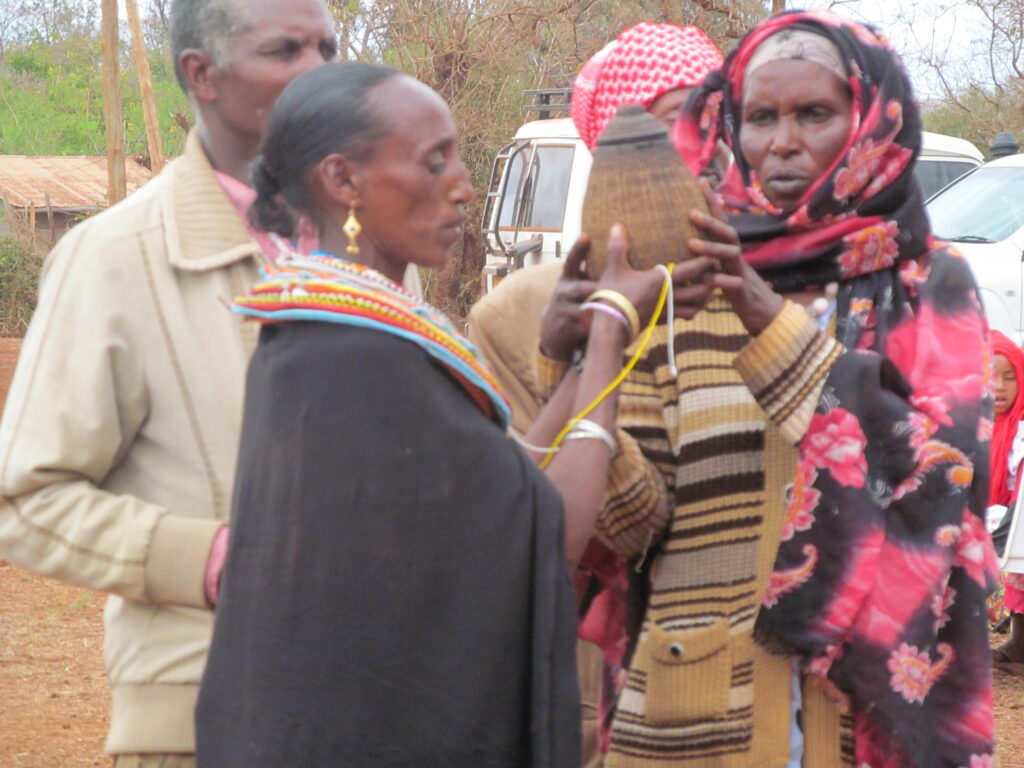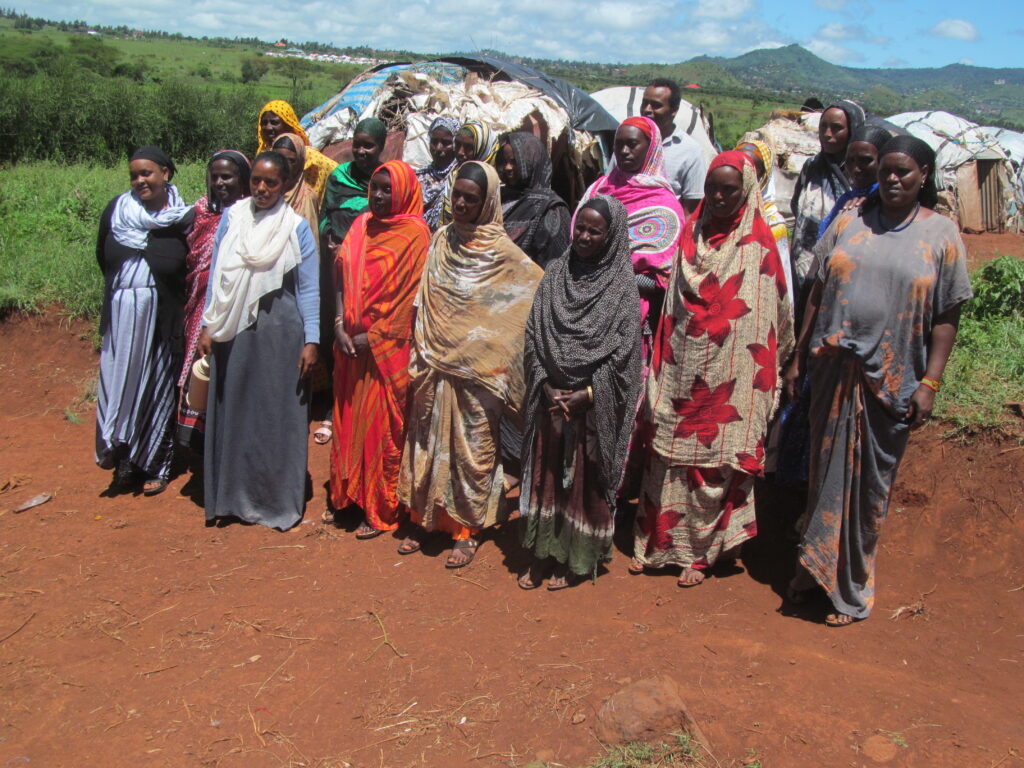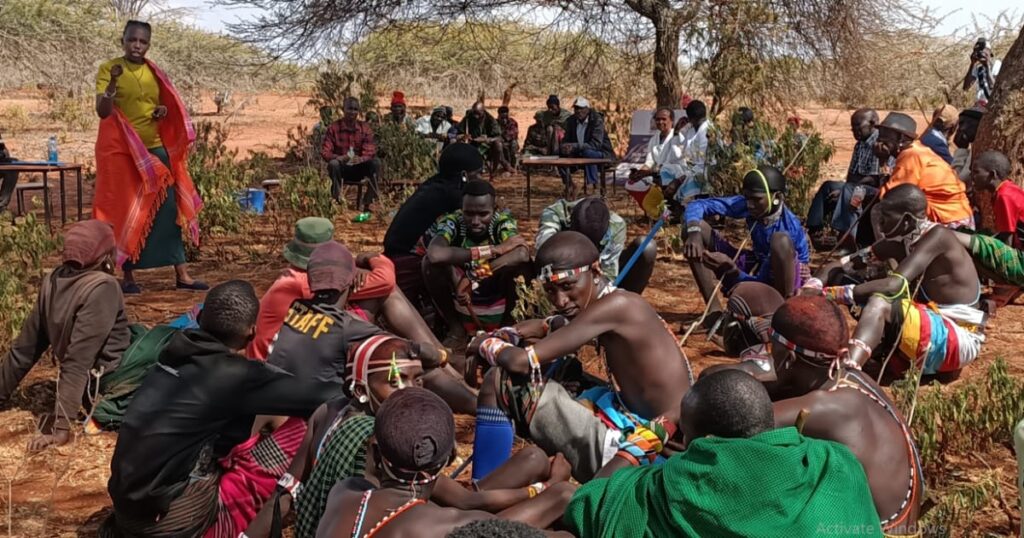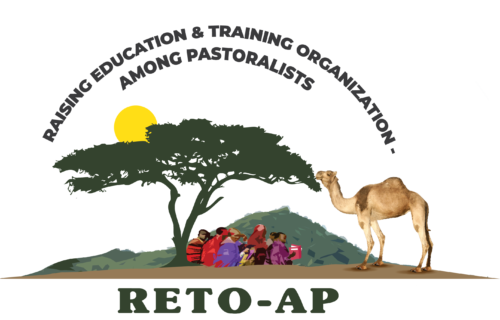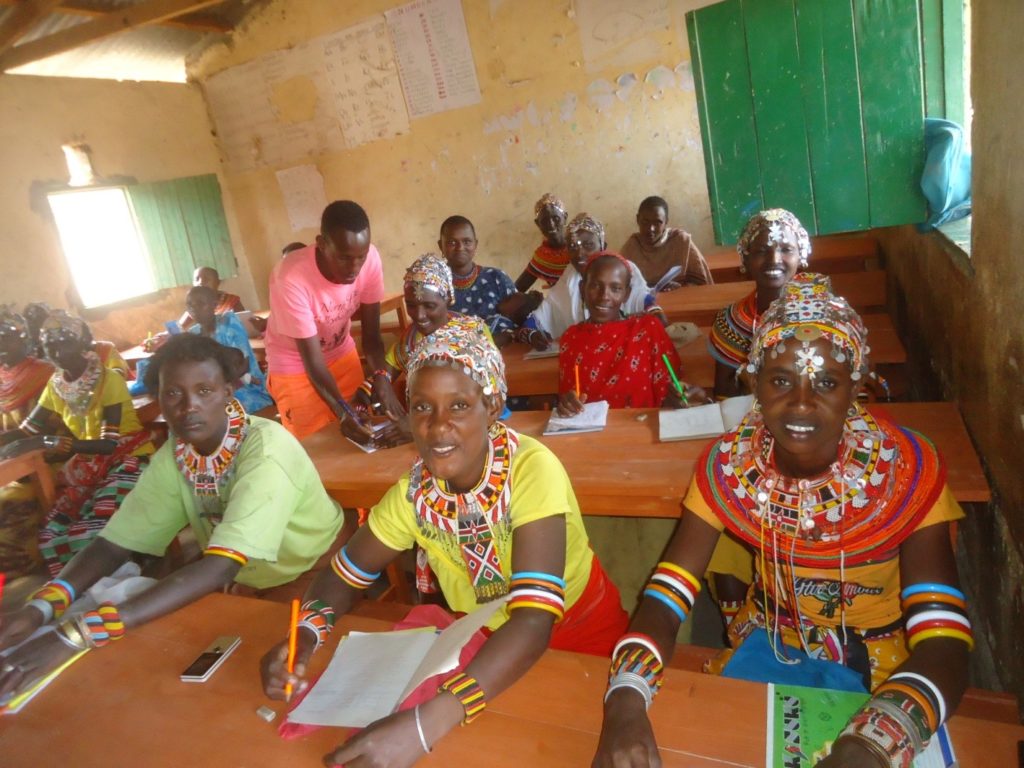
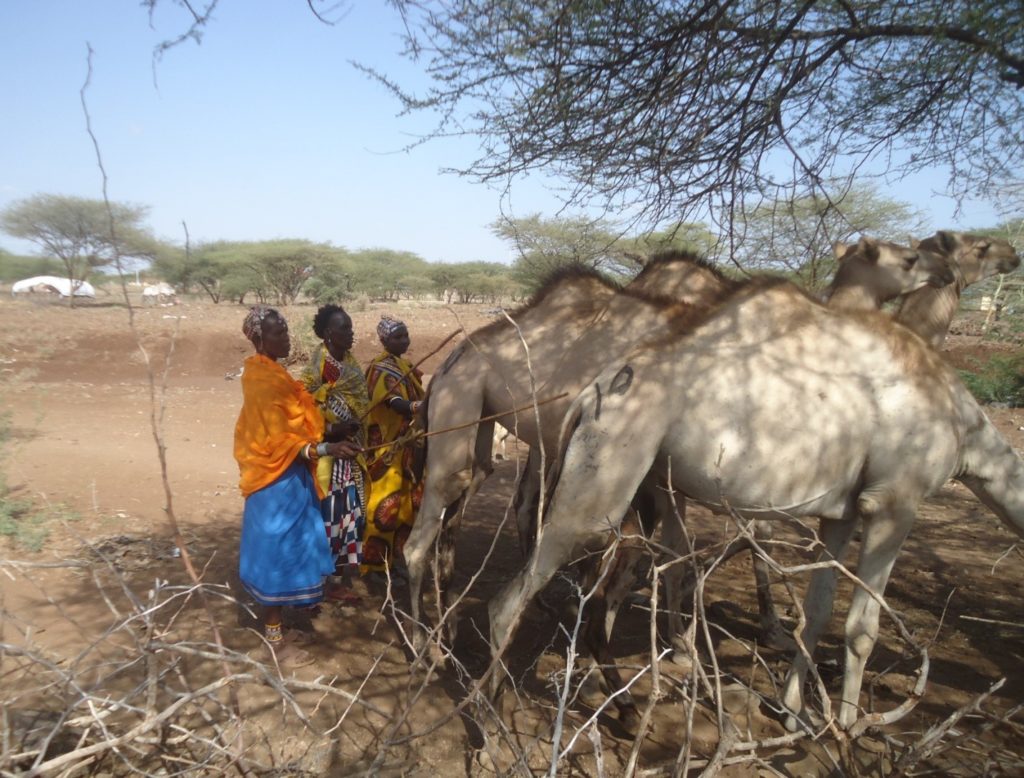
“In some Culture camels are precious animal for pastoralist and those who own are worthy of anrespect”. 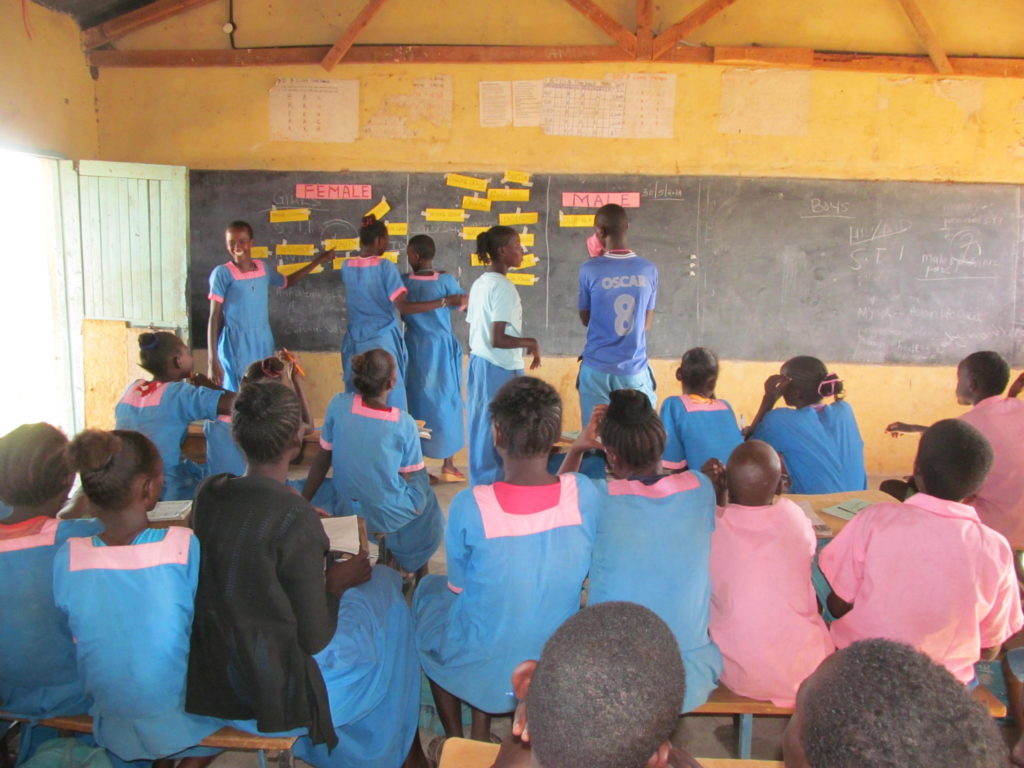
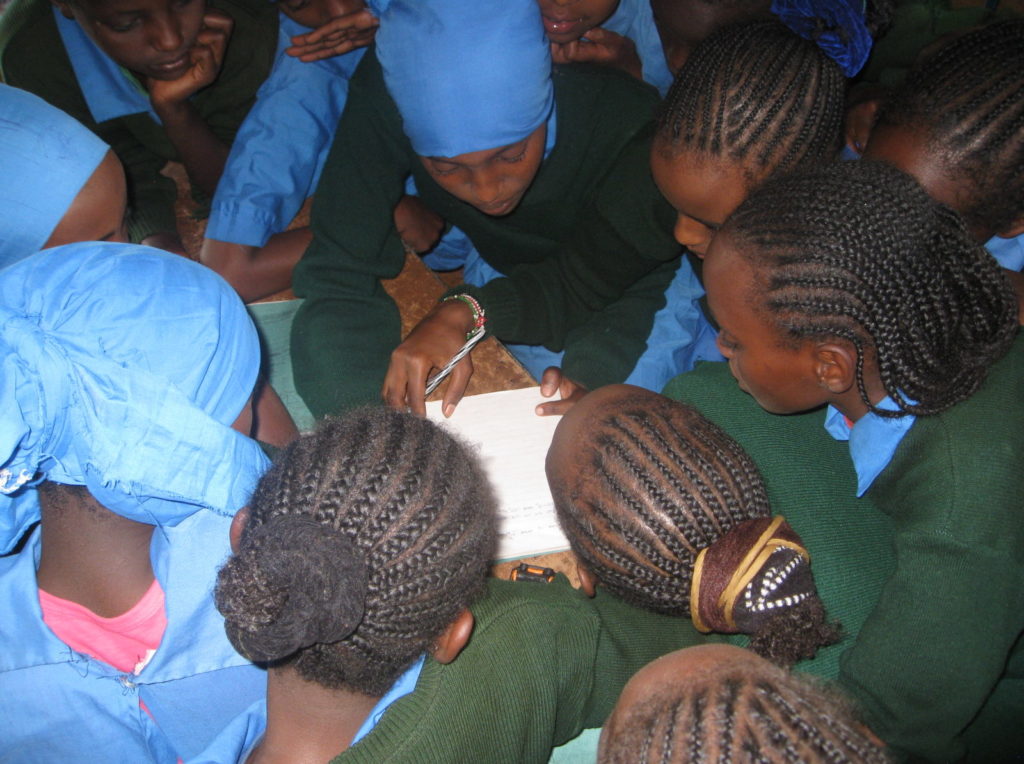
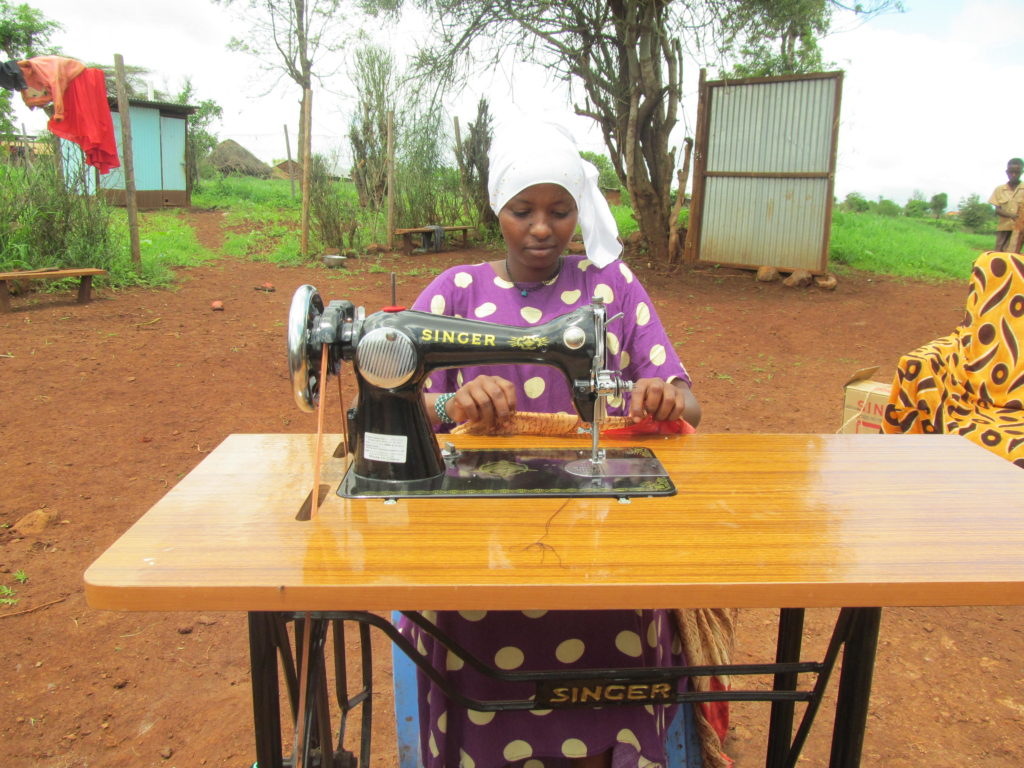
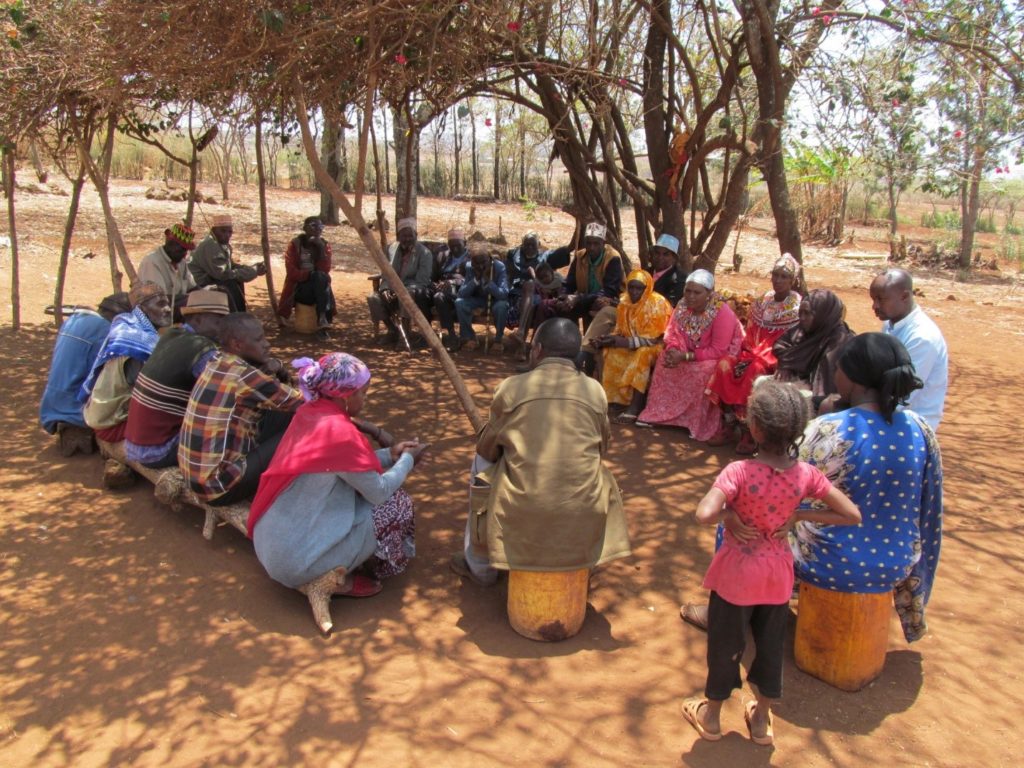
We build peace by involving elders and women using traditional peacemaking approach which creates space for local community conversation to promote peace and reconciliation.
EDUCATION
Vulnerable Youth & Vulnerable children:
This is education support designed for vulnerable youths, including child mothers, who have dropped out of school due to teenage pregnancies, physically challenged children e.g. Deaf from poor families and Orphans “As a saying that says us opportunity but not sympathy’’. The support aims at post-secondary and technical skills training for them to become self-reliant in their community.
Adult Literacy
The project focuses on young mothers who were married early and didn’t get the opportunity to attain formal education. This would empower women to read and write and further formal education, employment, technical training and leadership opportunities. Likewise, young men who had no opportunity for formal education are also given the same.
Shepherd School – This component is designed to provide young children assigned shepherd responsibility and denied opportunity to school. They receive formal education in the evening’s equivalent of up to primary education level. The curriculum is that of Kenya Institute of Education, 2006.
Health Education: This program cross-cuts all targeted beneficiaries of the project. The Vulnerable Youths and women receive Reproductive Health information and life skills to make good choices and remain Healthy members of society. The beneficiaries are school-going youths, “Moran” (Youths who have not gone to school, assigned the responsibility of warriors in the community) and young women who cannot make reproductive decisions.
“Moran’s”: Warriors and girls in remote locations have little understanding of the risk and prevention of STIs, including HIV, so they would receive training including women’s rights, in GBV and STI followed by Facilitation of HIV-testing by MOH, and provide follow-up for those that test positive.
Primary School Girls and boys who are of teenage age would be provided with sexual and reproductive health and life skills education which contributes to health and academic success. The topics include reproduction and sexuality; prevention of STIs, including HIV; cultural norms relating to women and child rights; child protection and GBV; consequences of pregnancy and impregnation; effective communication & decision-making; setting goals and career development.
Community health volunteers in villages would be trained as resource persons for their community to carry on the follow-up cases.
The young women would receive training in Family Health (SRH and disease prevention, family planning, women and child rights, child health and nutrition, GBV, etc.), Animal Husbandry (animal health, marketing, etc.), Life Skills and Peacemaking and Household Finances.
LIVELIHOOD DIVERSIFICATION
Livestock:
The project beneficiaries, who are widows and single mothers from humble backgrounds, receive goats and camels to support the needs of their children. The widows and single mothers are of reproductive age and have school-going children.
They also help other women of their status by passing on female offspring from the livestock they receive.
Families in extreme poverty and elderly men and women who lack family support have benefited from goats, which provide milk and income from the sale of male offspring.
Income generating activities
Single mothers in Urban and Rural villages join peer support groups to learn and help them carry one another to improve their families Health and income.
The project facilitates the group’s registration with the Ministry of Government and trains them on accumulated savings and credit associations, reproductive health, and livestock management. Then they are provided with grants and livestock as it fits them.
The livestock and Grants they receive will be on Loan which they repay when they pass on the livestock to another single mother and repay the grant loan to use as a revolving fund in the group.
The women also explore other viable projects that contribute to their development.
Morans (young men) are empowered through training in farming where they are supported with alternative livelihoods such as land ploughing, seed provision and beekeeping.
Food Security
Vulnerable women, impoverished families Moran’s and Internally Displaced Persons who struggle to raise their children are supported for crop production & Agri-business. They are supported in land preparation and provision of farm inputs. Livestock restocking is where each household receives female goats and young men (morans) receive skills in beekeeping and beehives.
Food relief during prolonged drought periods the program beneficiaries received food Aid to help them ease through an emergency. Orphan-headed households receive continuous food assistance.
PEACEMAKING:
School peace clubs
School-going children would realize the importance of community cohesion through knowledge, and interaction with other communities; they receive Peace training on conflict management and reconciliation. The target is peace clubs where classes are represented and they share lessons learnt with their peers and the parents.
Interaction sessions facilitated by the project would allow them to make friends and appreciate each other, which may also continue in the future.
Community Peace
Widows
Widows who lost their loved ones in the longstanding conflict between two ethnic groups undergo a healing process and reconciliation. Recognizing that they all share similar pain, they come together to support one another, working to transform the attitudes and behaviours within their communities. They serve as role models, advocating for and promoting peace during cultural and communal events in neighbouring areas.
Community Elders
The program focuses on supporting and promoting the community’s traditional conflict resolution methods and peacebuilding practices. Elders from conflicting communities are brought together for dialogue to create traditional strategies for managing conflicts and restoring trust.
Women For Peace
Women who have been affected by conflict are empowered, receive healing, and participate in reconciliation efforts as part of the peace process. They are also actively involved in peace initiatives and advocacy within their communities.
Morans
Young men in pastoral communities are discouraged from engaging in raids and robberies and are instead empowered to take an active role in peace initiatives, offering them a more positive and constructive path forward.
IDPs
Displaced families are offered trauma counselling and support to help them rebuild peaceful lives. The program also advocates for their rights while empowering them to become their advocates.
LAND RIGHTS
Access to land is crucial for the survival, livelihood, and prosperity of the communities in Marsabit.
The organization is dedicated to educating these communities about their rights to ancestral land and the legal protections that affirm their role as custodians. This effort also aims to promote awareness of sustainable land use practices that preserve the ecosystem, especially in the face of climate change.
A key objective of this program is to reduce conflicts over land by addressing the competition for scarce resources through education and dialogue.
Additionally, the program emphasizes the importance of registering community land and establishing policies and guidelines that support sustainable and productive land use, ensuring the long-term security of pastoralist lands.
